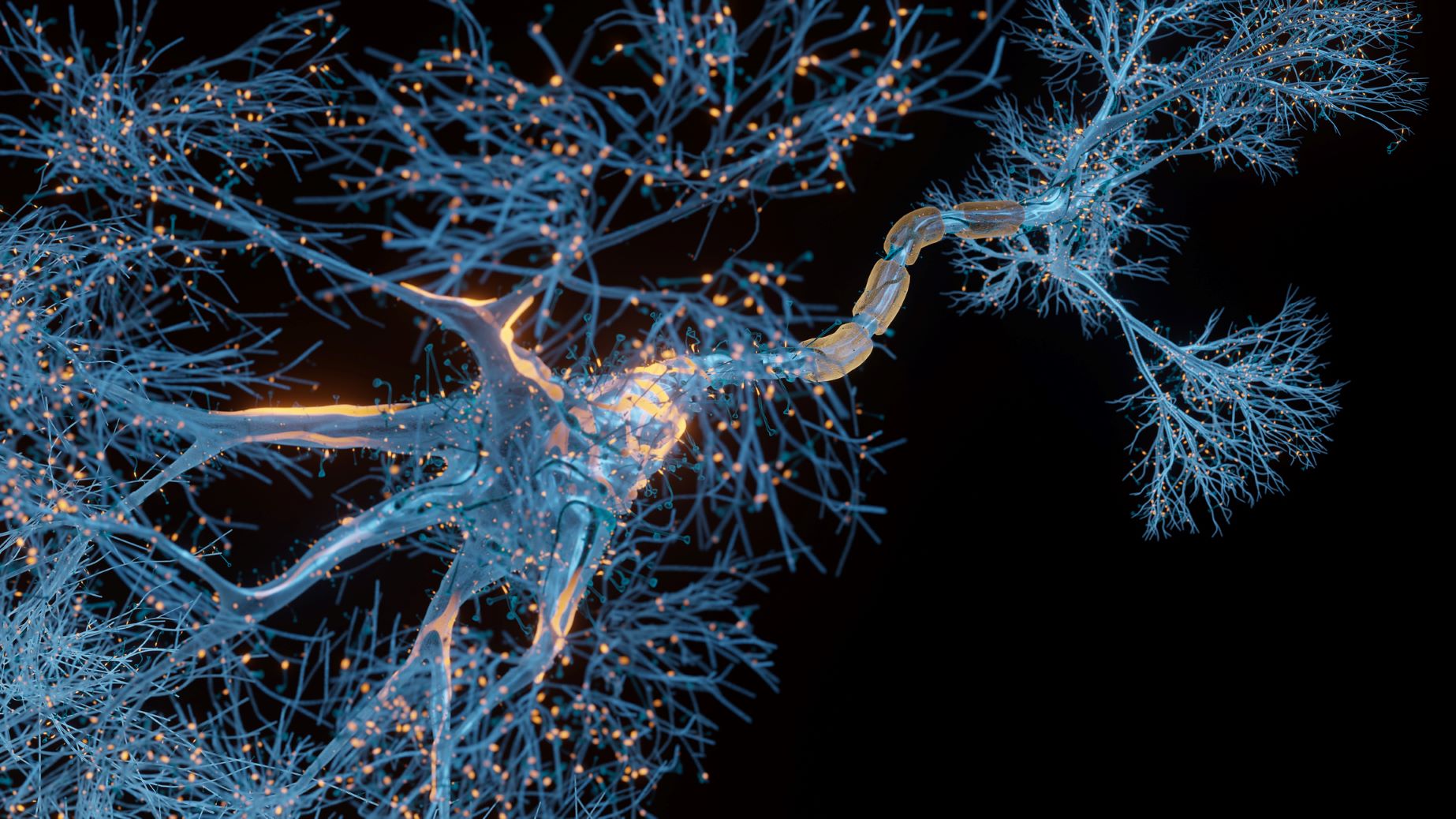When neurologists first assessed a Colombian man at age 67, he exhibited normal cognitive function, and neither he nor his family had concerns about his memory. Thus began the close monitoring of his exceptional case by scientists.
Despite being born with a gene mutation predisposing him to early-onset dementia, the man—a mechanic, husband, and father—defied expectations.
Typically, cognitive decline associated with this mutation starts around age 44, leading to severe dementia by the late 40s and early death in the 60s.
Remarkably, he remained cognitively intact until his early 60s, retired, and eventually developed moderate dementia. He passed away in 2019 at 74 years old.
This rare case is only the second documented instance of someone defying a devastating Alzheimer’s gene, as reported by an international team in Nature Medicine.
Researchers hope these cases will pave the way for new treatments benefiting the 6.7 million people affected by Alzheimer’s in the United States.
Examining the man’s genome, scientists identified a different mutation possibly shielding him from the disease. Brain scans at age 73 highlighted a region less affected by tau protein tangles, typical in Alzheimer’s patients.
Joseph F. Arboleda-Velasquez, from Mass Eye and Ear and a study leader, emphasized listening to patients’ stories: “There is a pathway for protection.”
Neurologist Gil Rabinovici from the University of California, San Francisco, commented on the findings’ significance for understanding disease resilience.
The man was linked to a larger study by Francisco Lopera at the University of Antioquia, following a family with a hereditary Alzheimer’s gene mutation.

This mutation leads to amyloid plaque buildup by late 20s and cognitive decline by mid-30s, with full dementia by age 49.
Yakeel T. Quiroz from Massachusetts General Hospital has studied these cases for two decades, witnessing patients’ progression from symptom-free to severe dementia.
However, in 2019, researchers identified Aliria Rosa Piedrahita de Villegas, who also exhibited resilience. Despite amyloid plaques, her tau tangles were notably absent.
The discovery of a second resilient case confirms the search’s validity but also deepens its mystery. The man lacked the Christchurch gene variant but showed protection due to a reelin gene mutation.
Both patients had amyloid plaques, targeted by recent Alzheimer’s therapies. However, the absence of tau tangles in the woman suggests an alternative therapeutic route.
Even with amyloid and tau buildup, protecting the entorhinal cortex—a key memory area—could significantly curb decline.
Researchers caution that this study isn’t a definitive explanation of the man’s resilience, suggesting multiple contributing factors. Yet, the overlap in gene mutations affecting brain cell receptors suggests potential new drug development avenues.
Inmaculada Cuchillo Ibañez from Miguel Hernández University sees promise in understanding how these mutations protect against cognitive decline. She emphasizes the biochemical pathways’ role in potential drug targets.
The study’s insights were welcomed by the man’s family, hopeful that his case could benefit future Alzheimer’s treatments.
Francisco Lopera believes these exceptional cases illuminate pathways to prevention and cure for Alzheimer’s globally.
